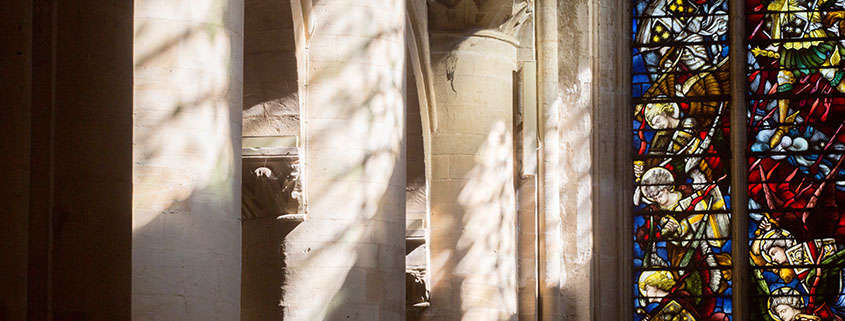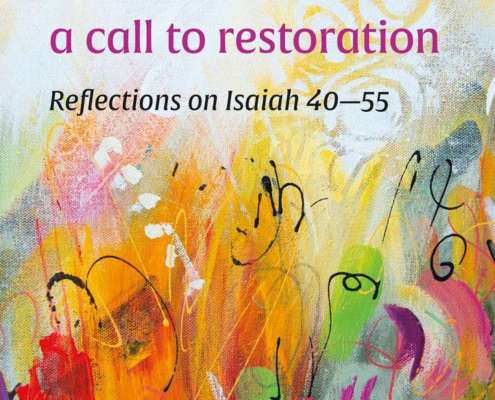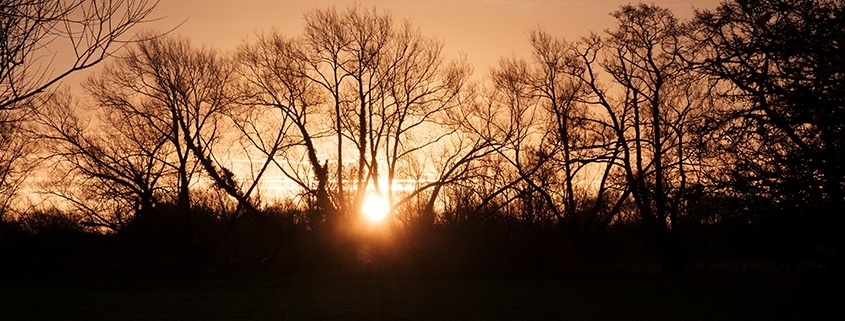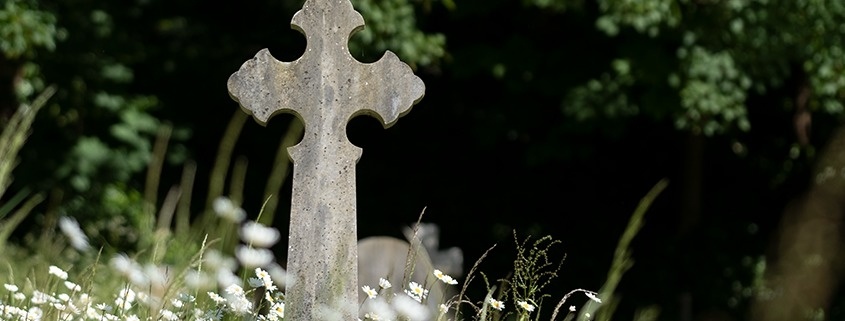Sermon from Christ Church Cathedral Oxford, preached by the Rt Revd Dr Steven Croft, Bishop of Oxford, at Holy Communion on the 6th of February 2022.
But by the grace of God I am what I am and his grace towards me has not been in vain (I Corinthians 15.30).
A reluctant prophet and poet. A persecutor of the church. An impetuous fisherman. Today’s readings profile the kind of people who are called by God to service in the life of the Church. The profiles stress neither their gifts nor skills. No-one is placed on a pedestal or called a saint. Rather each, in their own words and from their own mouth, confess their guilt, their inadequacy, their weakness.
We know very little of the prophet Isaiah before his encounter with the holiness of God in the temple in the year that King Uzziah died. We discover only a little about him from the beautiful narrative of his call except this. That when he is granted a vision of power and beauty, of God, Isaiah is overcome with a sense of the holiness and majesty of God and of his own inadequacy.
“Woe is me” he cries, “I am lost. For I am a man of unclean lips and I dwell among a people of unclean lips yet my eyes have seen the King, the Lord of hosts” (Isaiah 6.5).
The prophet’s confession is personal. He speaks about himself before he speaks of others. I am a man of unclean lips.
Paul’s pathway in ministry is not to claim great things for himself but the very opposite. Paul points away from himself and towards Christ. Where Paul does refers to himself, he confesses his weakness and the wrong turns his life has taken.
“For I am the least of the apostles”, he writes, “unfit to be called an apostle because I persecuted the Church of God. But it is by the grace of God I am what I am and his grace towards me has not been in vain”.
Paul’s persecution of the Church of God was not a light thing. Some of it is described in Acts. There is no doubt that Christians were arrested, imprisoned and put to death by Saul before his conversion.
Simon Peter’s encounter with Christ in the boat on Lake Galilee is similar to Isaiah’s in this one sense only. There is no temple, no vision of angels, no heavenly choir, no incense. Just tiredness after a night’s fishing and wonder at a miraculous catch. But Simon Peter’s response echoes that of Isaiah 6: “Go away from me, Lord, for I am a sinful man”.
Encountering the goodness and the greatness and the love of God in Christ shows us all up for who we are. Our hearts are unclean. Our hands are unprepared. We are not fit even to eat the crumbs from under his table. And yet…..
I want to acknowledge this morning the deep pain which surrounds the disputes of recent years in Christ Church which affects many people and which cries out for healing and for grace. This is not the moment and this pulpit is not the place to offer any kind of commentary on events save this: that many who take very different views of the situation will have some sense of being disappointed in others for one reason or another. Those feelings are deep and real and there is a long road of reconciliation and healing ahead.
Disappointment in others is a feature of many parts of public life at present. It’s not wrong to have high expectations of those in positions of responsibility. But we will often be disappointed particularly in an age of 24/7 news and social media. It is a remarkable thing that our beloved Queen has reigned for 70 years today and retains her dignity, respect and integrity, one of the most remarkable women of this century and the last. Long may she reign.
But what should we do when we find ourselves in that place of disappointment and disillusion? Nothing is the work of a moment, but it may help to begin with Isaiah and Paul and Peter and their own sense of unworthiness before God in the temple, on the road to Damascus and on Galilee.
For each of us, the heart and the life we know best is our own. Over thirteen years as a bishop, I think I have seen my share of difficult situations and of human weakness, pride and fallibility as well as much that gives me cause for joy.
But insofar as I know my own heart and life, I am not able to judge others. I know that I am often stretched beyond my resources by internal and external drivers and temptations. I know my reservoirs of compassion and energies are finite. I know I yield often to vanity and temptation. I know my wisdom is limited, my prayers often weak, my faith sometimes not even a grain of mustard seed, my love faint. I know that I make mistakes and will often fall short in the ministry to which God has called me and will need to seek forgiveness.
And I know that when I find the place of Isaiah and Paul and Simon Peter and acknowledge both God’s glory and my own weakness, that is the place of grace.
It is there that I discover as they discovered that repentance is the place of forgiveness and healing, undeserved and offered because of what Jesus has done. The Lord of Hosts in the temple does not rebuke the reluctant prophet. He sends an angel with a coal to touch his lips and to restore him and commissions him to new ministry. Saul is not disqualified from serving Christ by failure: rather through his failures he discovers deeper reservoirs of grace and passion. Simon Peter admits to his inadequacy but immediately is given a commission: Do not be afraid, from now on you will be catching people.
Each of them is enfolded in different ways in the love and grace of God. Each of them is forgiven. Each of them is called to new and deeper ministries. These are the ways in which God moves in human lives.
And it is in the same place of weakness, as I understand I am forgiven, that I will find the courage and the ability, in time, also to forgive and to trust again and to love. The journey is seldom short or easy but it is a path of life and healing.
Christ invites us in this Eucharist and every Eucharist to come to him just as we are with all of our inner conflicts and disappointments. His love is infinite, beyond understanding. We will hear again in this service the song of the seraphs: Holy, holy, holy, Lord God of hosts.
The president will issue the invitation to all of us to come:
Jesus is the Lamb of God who takes away the sin of the world
Blessed are those who are called to his supper.
And we will respond, echoing Isaiah and Paul and Simon Peter:
Lord, I am not worthy to receive you
But only say the word and I shall be healed.
So let us come.
Today’s collect again as we pray together:
O God, you know us to be set
in the midst of so many and great dangers,
that by reason of the frailty of our nature we cannot always stand upright:
grant to us such strength and protection as may support us in all dangers
and carry us through all temptations; through Jesus Christ your Son our Lord, who is alive and reigns with you,
in the unity of the Holy Spirit,
one God, now and for ever.
Amen.
+Steven Oxford
6 February 2022
Watch the recording











